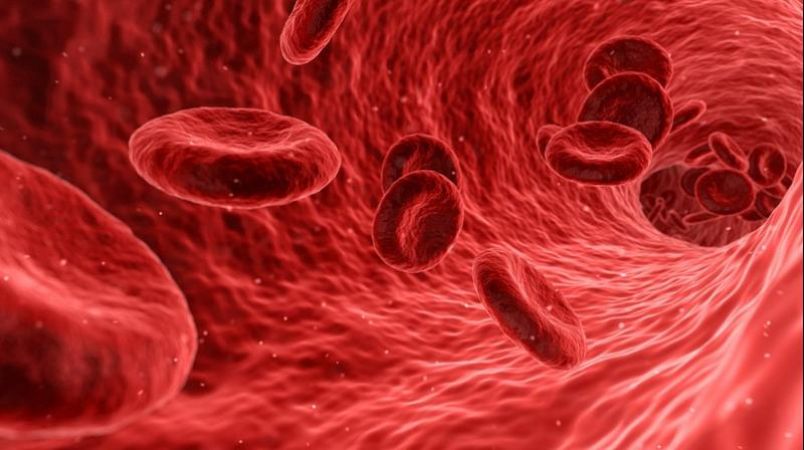
Why is testicular cancer so responsive to chemotherapy, even after it metastasizes? It's because of the stem cells, according to a recent study. As the new study claims that the reason behind the testicular cancer is responiable to chemotherapy, ever after metastasizes.Defining why testicular cancers are so susceptible to chemotherapy could eventually provide insights for treating other, more resistant cancers. The Cornell researchers' study also helped in the study confirm that risk for testicular cancer is determined in utero.The research offers some evidence to support a hypothesis that, in humans, testicular cancers are initiated during embryonic development and lay dormant for 18 to 35 years.
"The study provides new insights into the basis for the responsiveness of testicular cancer to chemotherapy, which has always been an intriguing observation, but the basis for it was not clear," told the senior author Robert Weiss. In the study, first author Timothy Pierpont, Weiss and colleagues made a mouse model that, for the first time, can accurately mimic the properties of testicular cancers found in humans. In particular, the engineered mice used in the study develop cancers with the strongest expression of stem cell markers reported to date. The mouse model accurately duplicates realistic tumor characteristics, such as the rate of tumor growth and the ability to give rise to several different tumor cell types.
Future work may provide clues for treating other cancers if researchers can identify what features of the testicular cancer stem cells make them responsive to chemotherapy and compare those features in other tumor types, Weiss said. The study is published in the journal Cell Reports.